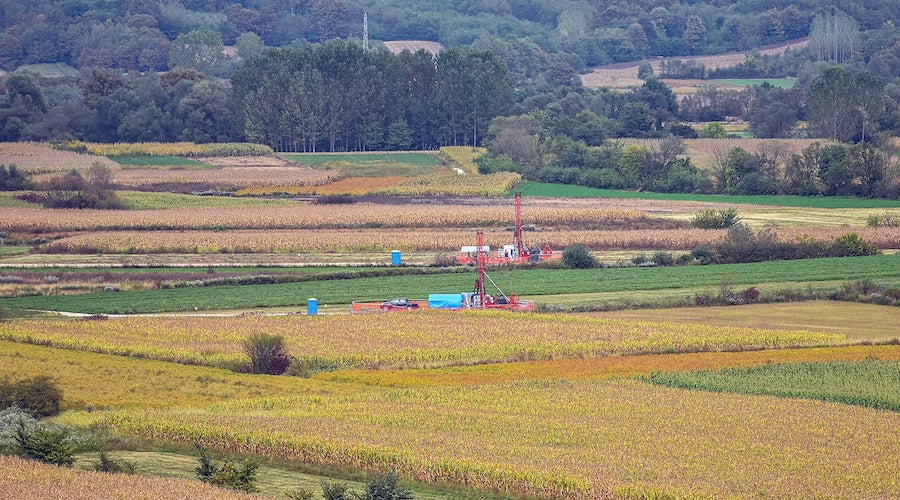Rio Tinto hails another step closer to develop Serbian lithium mine

Mining group Rio Tinto welcomed on Tuesday the Serbian government’s reinstatement of its licence to develop Europe’s biggest lithium mine, in a potential boost to the continent’s electric vehicle industry.
That followed a Serbian court ruling on Thursday that overturned the 2022 government decision to annul Rio’s licence in response to protests from environmentalists.
Welcoming the decision, Rio said that the project will be subject to stringent environmental requirements including an “extended phase” of legal, environmental and permitting procedures and public consultations before it is implemented.
In a statement on Thursday the government said that to comply with the court ruling it is taking measures to reverse to the situation prior to its previous decision.
Government officials were not available to comment further on the statement.
On Tuesday, Serbia’s privately owned N1 TV reported that German Chancellor Olaf Scholz and Maros Sefcovic, EU Commission’s Vice-President for the European Green Deal, will visit Belgrade on July 19, to sign a Memorandum of Understanding between the EU and Serbia on a strategic partnership over sustainable raw materials, battery production supply chains and electric vehicles.
A German government spokesperson declined to comment.
If developed, the $2.4 billion Jadar lithium project in Western Serbia could cover 90% of Europe’s current lithium needs and help make the company a leading lithium producer.
There is strong opposition to the project among activists and opposition parties in Serbia. They have threatened to radicalize protests by blocking roads and railways if the project is revived.
Zlatko Kokanovic, a green activist who leads protests against lithium mining, said that Scholz and EU officials were not welcome in Serbia.
“If the reason for their visit is the exploitation of mineral resources and the implementation of the Jadar project.”
“He (Sholz) is the German Chancellor and has the right to visit but they (Germany) have their own lithium and they should deal with it themselves and leave us alone,” he told Reuters.
Earlier, Minister of Mining and Energy Dubravka Djedovic Handanovic told the Tanjug news agency that the Jadar project “represents the future of Serbia’s economic positioning in Europe”.
“It would not be responsible to ignore that possibility,” she said.
(By Clara Denina, Ivana Sekularac and Aleksandar Vasovic; Editing by Alison Williams, Jan Harvey and Louise Heavens)
{{ commodity.name }}
{{ post.title }}
{{ post.date }}




8 Comments
Ivana
People in Serbia do not want to sell the land or to provide exploitation of lithium here. It is proven that there is much more Lithium in Germany, but they do not want to polute their own country.
Miloitza Great
Rio Tinto not welcome in Serbia
Mirko
No.
There wouldn’t be Lithium mine.
The more you try the more we are aganst it.
Miks
With God’s help, the corrupt government will also fall because of Rio Tinto, that’s what the majority of the people want!
Darko
You will not mine. We don’t want you in Serbia!
Dragana
High level of corruption in the Serbian government and Rio Tinto’s willingness to corrupt them force that project.
Drej
I mean they can try, but we will demolish everything. Marš iz Srbije.
Drinomir Drincic
We are anxiously waiting like our ancestors in august 1914. you are not welcomed in this holy land.